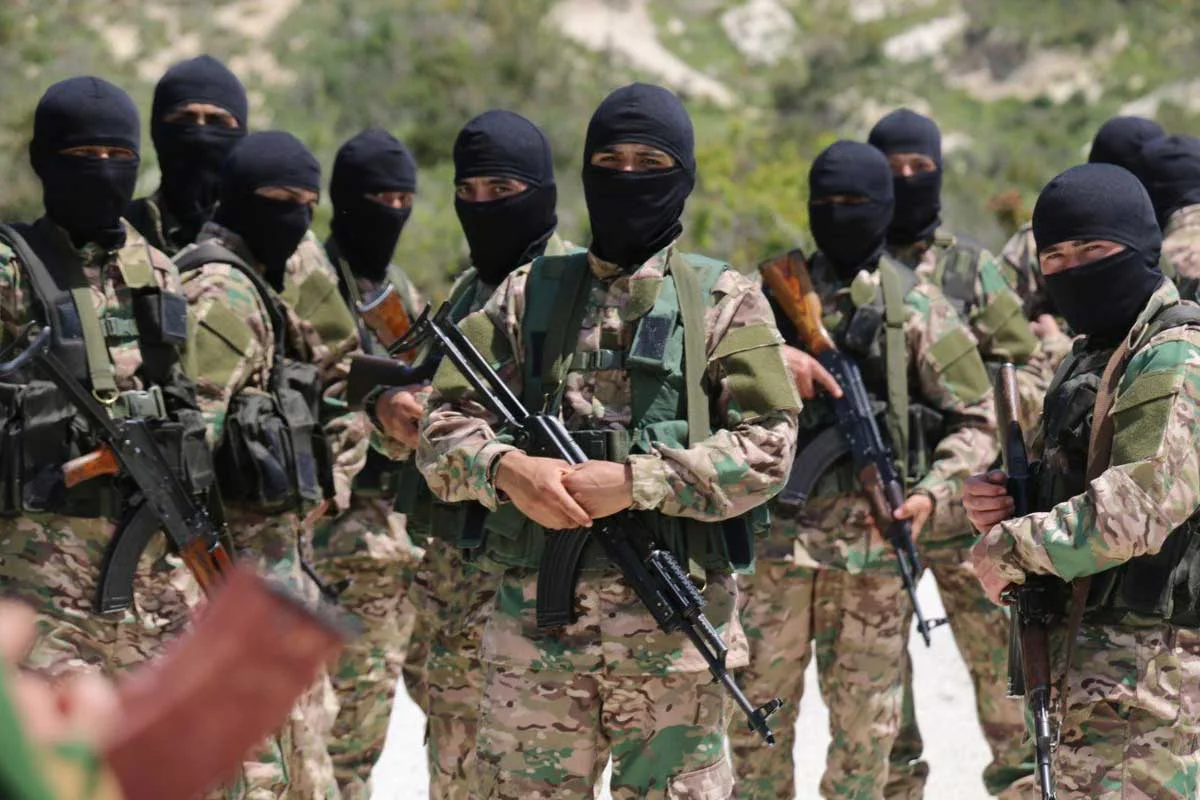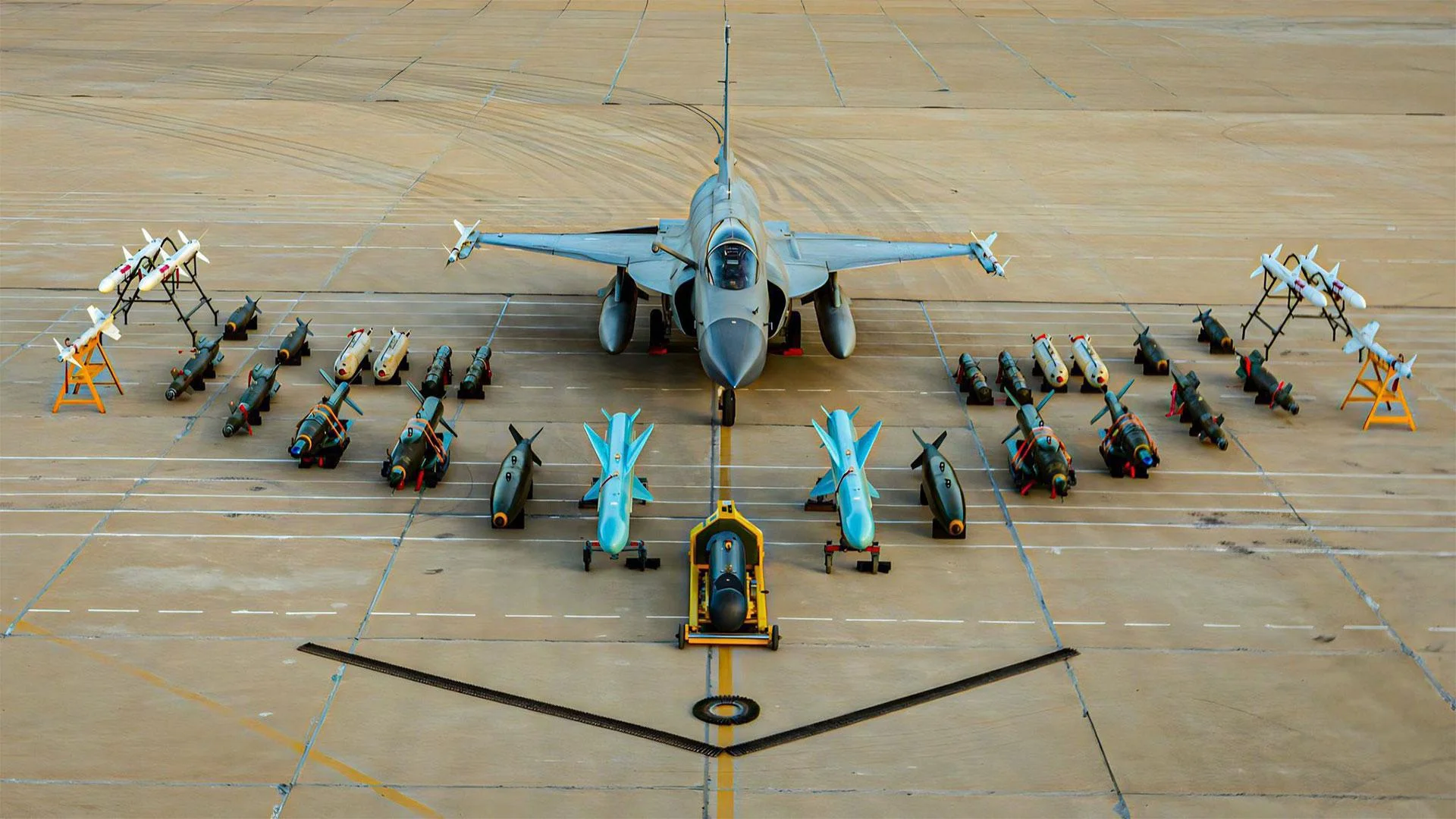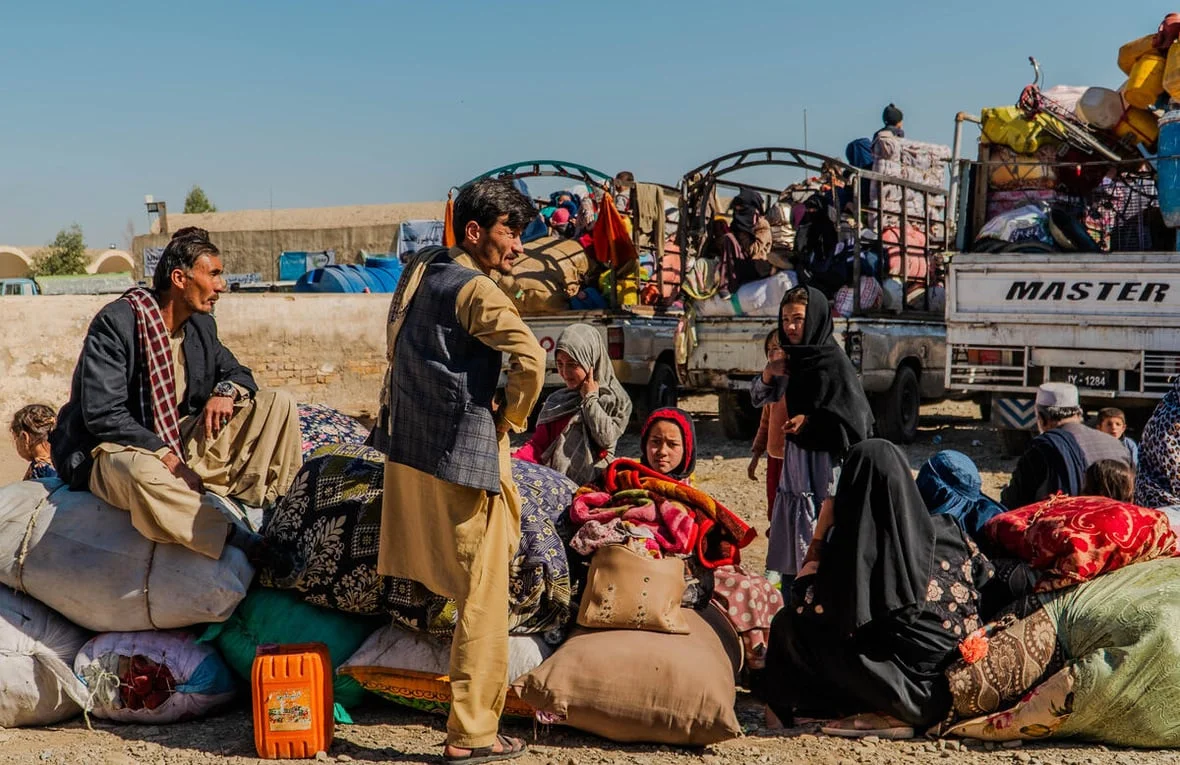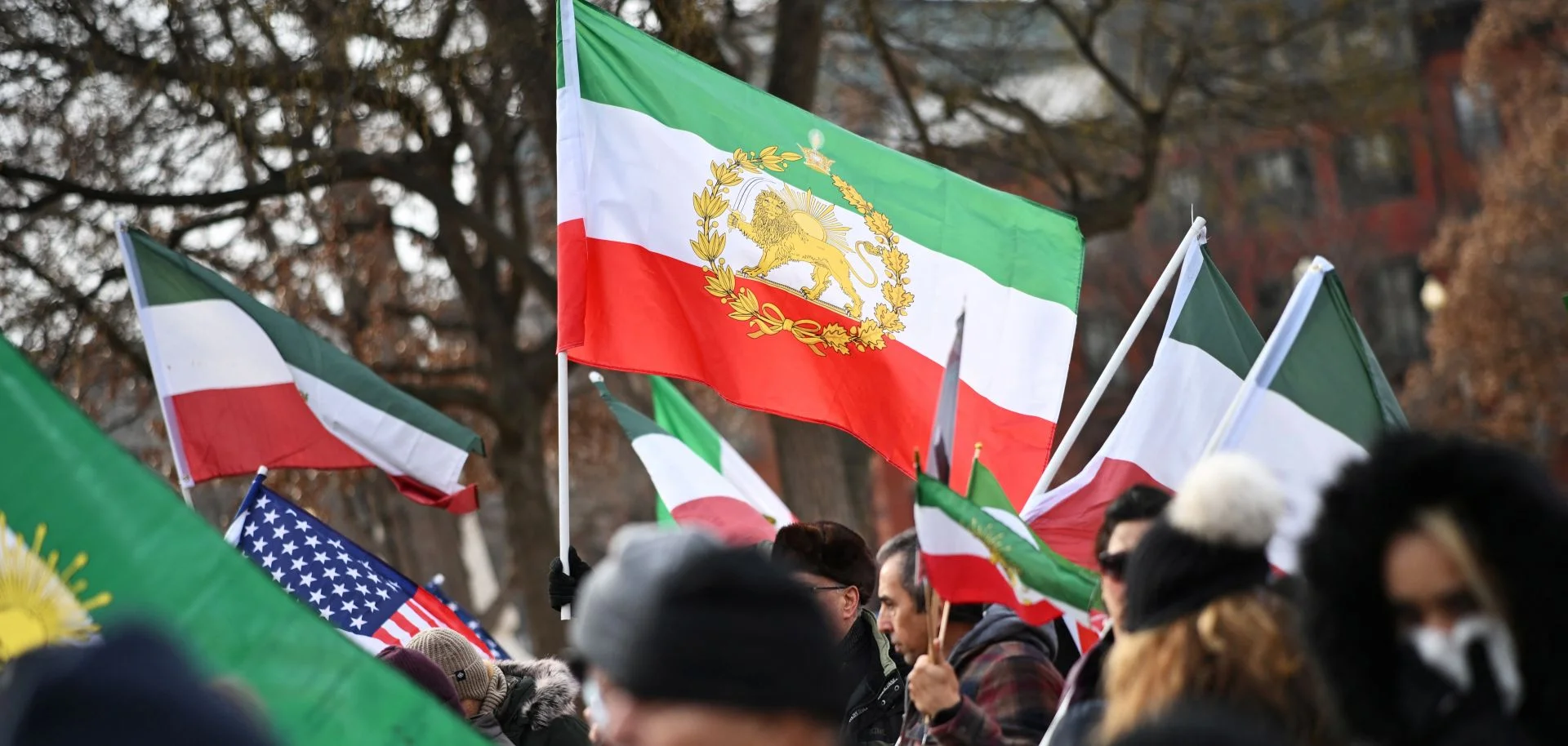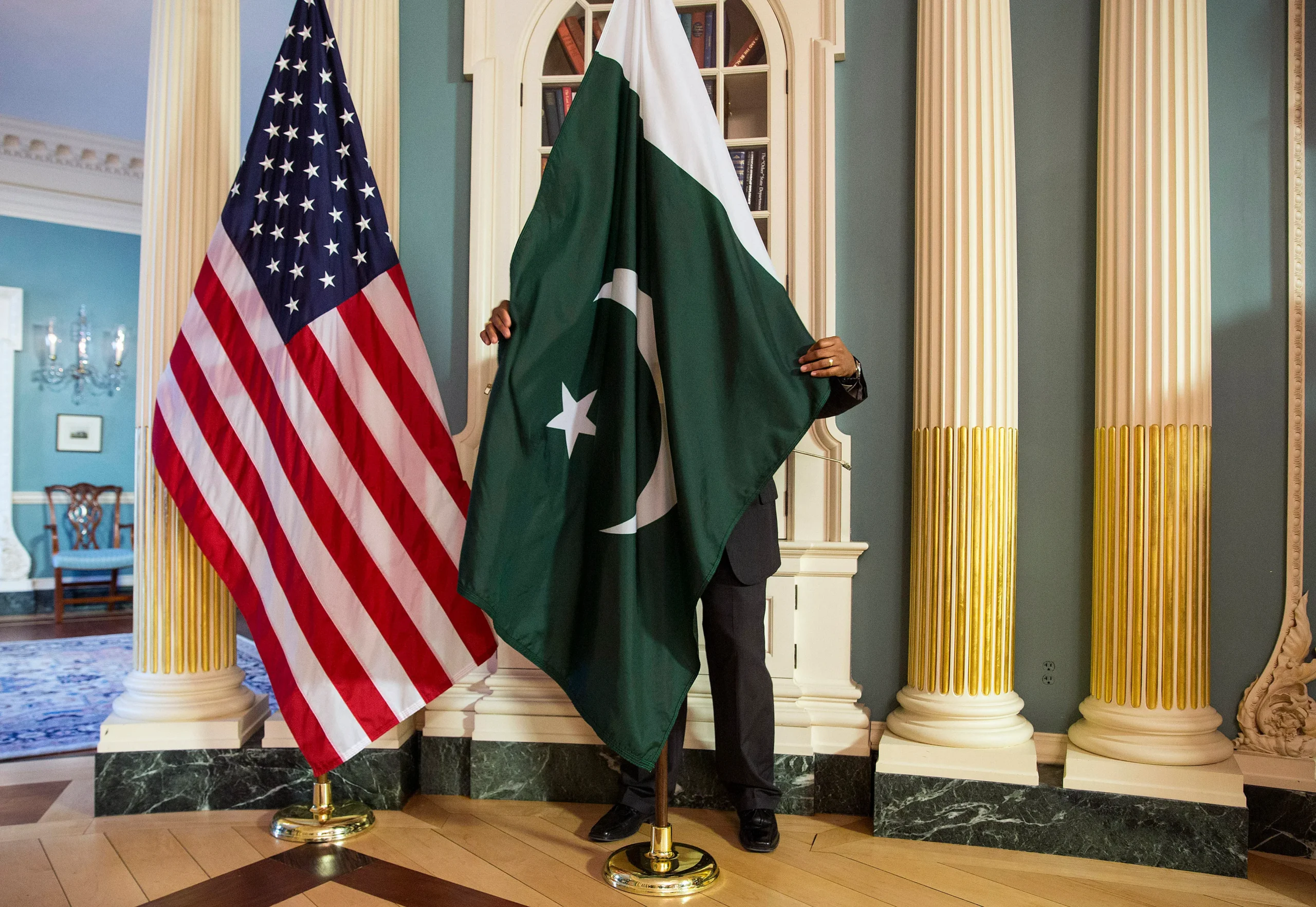Tehran – Foreign Minister Abbas Araqchi has once again dismissed any direct talks with the United States (U.S.), saying that the so-called “maximum pressure campaign” and repeated threats against Iran make it impossible to engage in negotiations with Washington.
“This is our definite and clear policy, and until there is a fundamental change in the U.S. approach toward the Islamic Republic and the people of Iran, no direct talks will take place,” Araqchi told reporters on the sidelines of a meeting of the Red Crescent Society in Tehran on Monday.
He said that the way to indirect channels is open and that Iran will convey its messages through indirect means.
“Our goal and mission is to ensure the national interests and security, which, we will never compromise” the top diplomat emphasized.
He added that the current U.S. policies, accusations, and awful demands make it impossible to engage with direct negotiations.
Also See: Trump’s Offer Of Talks With Iran Aims To Avoid Military Action, US Envoy Says
Elsewhere in his remarks, Araqchi hinted about enemy plots but said that no one dares to invade Iran as it is fully prepared for any scenario.
“I am sure no one will even think of attacking Iran because they are familiar with its consequences and know that various sectors, including the armed forces, relief personnel, the government and the people are all in full readiness,”, he specified.
The foreign minister referred to his conversation with the media a few days and said that he would like to say once again that “there will be no war because we are fully prepared for this situation.”
This news is sourced from Islamic Republic News Agency and is intended for informational purposes only.

![Iran's FM Abbas Araqchi rules out direct U.S. talks, citing pressure tactics, while reaffirming Iran's defense readiness. [Image via Islamic Republic News Agency]](https://southasiatimes.org/wp-content/uploads/2025/03/171766769.webp)
